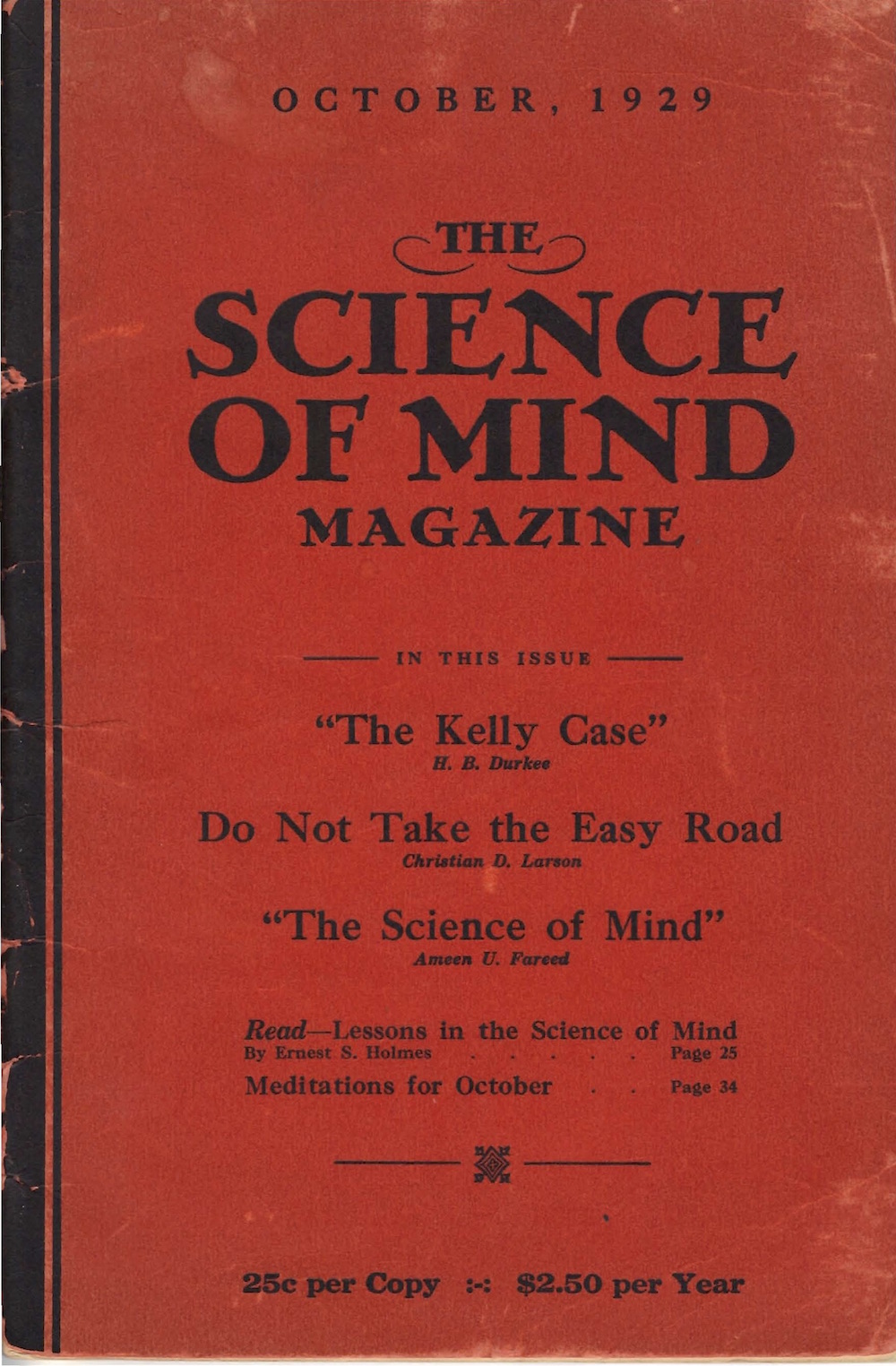The interrelationship between science and spirituality constitutes a profound narrative within the Bahá’í teachings, encapsulating the notion that a full religious life must invariably embrace both dimensions. This duality can be likened to the intricate dance of yin and yang, where neither element can truly exist in isolation. The Bahá’í Faith places significant emphasis on the harmony between faith and reason, positing that the advancement of humanity relies on the synergy of spiritual insights and scientific exploration.
First and foremost, the Bahá’í writings advocate for an understanding of science as a necessary instrument for unveiling the mysteries of creation. The exploration of the physical universe through scientific inquiry serves a critical role, where empirical evidence and reason are seen as vital processes to ascertain knowledge about existence. Abdu’l-Bahá, a central figure in Bahá’í teachings, emphasizes that the ultimate reality is composed of both the material and spiritual worlds. He artfully expressed that “the two are as two wings of a bird,” suggesting that the elevation of mankind necessitates both dimensions to soar to new heights of enlightenment.
In Bahá’í thought, science is not merely an accumulation of data or a toolkit for material advancement; rather, it forms a core aspect of a holistic understanding of reality. Emphasizing information acquisition through the lens of sciences such as physics, biology, and sociology fosters a comprehensive worldview that encapsulates the complexities of human existence. The exploration of the cosmos can unveil not only the mechanics of celestial bodies but also the spiritual principles that govern human relationships and ethical considerations.
Moreover, the Bahá’í teachings contend that the realms of science and religion should not be viewed as adversaries, but rather as complementary domains that enhance the human experience. This symbiotic relationship starkly contrasts with the age-old dichotomy often witnessed between faith and reason. It is posited that religious dogma, when detached from reason, can lead to fanaticism and divisiveness. Conversely, a purely materialistic viewpoint devoid of spiritual insights can induce existential despair and ethical vacuity. By harmonizing faith and science, one cultivates a balanced worldview conducive to personal and societal growth.
Analogous to an artist who requires both color and canvas to craft a masterpiece, humanity thrives when empirical discernment is married to spiritual insight. The pursuit of scientific knowledge, when infused with moral and ethical frameworks derived from spiritual truths, guides humanity toward collective well-being. The Bahá’í perspective encourages individuals to harness their intellect in service of a higher purpose, transcending the confines of self-interest to engage in meaningful endeavors that uplift the human spirit.
Crucially, the Bahá’í approach emphasizes the intrinsic dignity and capacity for knowledge inherent within every individual. It advocates for education as a fundamental pillar for both spiritual and intellectual development. This transformative process involves nurturing the mind through scientific education while simultaneously cultivating the soul through spiritual teachings. Education, therefore, becomes the keystone in the arch of personal and societal progress, empowering individuals to contribute constructively to the advancement of humanity.
The impetus for an integrated worldview is underscored through the lens of social progress. The Bahá’í teachings assert that advancing civilization requires a genuine understanding of global interconnectedness, a concept that aligns seamlessly with scientific principles. Sustainable development, for instance, cannot merely rely on technological advancements but must also be grounded in ethical considerations and a commitment to justice and equality. Just as a scientist posits hypotheses and rigorously tests them against observable phenomena, so too must societies examine their frameworks against the principles of equity and altruism.
Moreover, the Bahá’í grandeur extends beyond the confines of humanity, encompassing the environment and the natural world. Recognition of the interconnectedness of all phenomena fuels a deeper commitment to environmental stewardship, a reflection of the spiritual principle of oneness. The rigorous methodologies inherent in scientific inquiry can, therefore, be leveraged to address pressing issues such as climate change, biodiversity loss, and resource degradation, reinforcing the intrinsic moral obligation to safeguard the planet.
In navigating the complexities of existence, Bahá’í teachings advocate for a contemplative approach. Individuals are encouraged to engage in reflective practices that meld spiritual meditation with critical analysis of scientific paradigms. This synthesis cultivates a deeper awareness of one’s place in the universe, fostering a sense of responsibility not only towards oneself but also towards humanity and the natural world. It enables the emergence of a legacy rooted in compassion, wisdom, and a cooperative spirit.
Furthermore, the practical application of these teachings extends into various dimensions of public policy, ethics, and community life. Leaders and policymakers steeped in both scientific understanding and spiritual awareness are equipped to make more informed decisions that foster holistic well-being. The infusion of ethical considerations into scientific discourse can reframe discussions on technology, healthcare, and social justice within a preferential context of humanity’s collective destiny.
In conclusion, the integration of scientific inquiry and spiritual understanding is not merely an academic exercise; it is an essential requirement for the evolution of a harmonious society. The Bahá’í teachings illuminate the necessity of viewing both realms as integral components of a meaningful life. Armed with this vision, humanity can embark on a journey of profound discovery, underscored by the conviction that a full religious life, illuminated by the light of science, shall cultivate peace, unity, and progress for generations to come.
